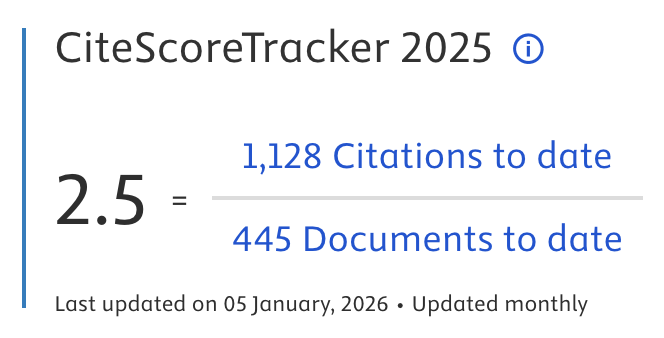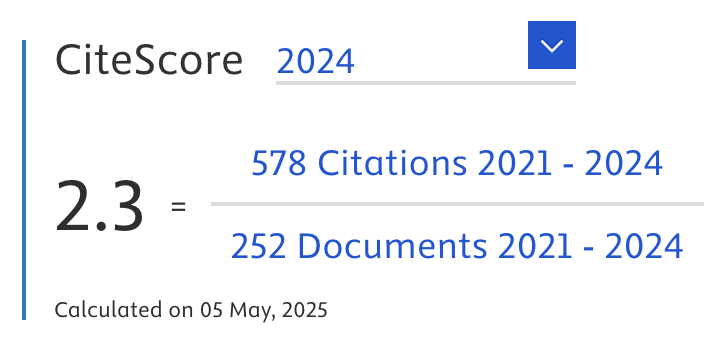Opinion Mining in Text Short by Using Word Embedding and Deep Learning
Abstract
Recently, with the increasing use of the Internet by people, millions use social media sites on a daily basis to express their opinions, suggestions and reactions about a new product or a specific topic. Through these views, the principle or topic of sentiment analysis. especially for text data (tweets), where classification techniques are used for the purpose of classifying these text tweets. Sentiment classification is a common and important in the field of natural language processing. Our study aims to utilize word embedding model. Word embedding is used to convert text words into vectors for word representation, capturing the semantic and syntactic relationships between words. It contributes by presenting a comparison and analysis of word embedding model and deep learning techniques. In this research, we propose to analyze sentiments or opinions using word embedding Global Vectors for Word Representation (GLOVE) with Bidirectional LSTM neural networks and Long Short-Term Memory (LSTM). Where we relied on a deep learning model that combines the power of word representations in (GLOVE) and (LSTM)’s ability to understand linguistic context. This model showed good performance in sentiment classification, which indicates its effectiveness of combining the two models. Here we used tweet dataset regarding (Generative Pre-trainer Transformer), which is one of the tools of generative artificial intelligence, Dataset :(CHATGPT sentiment analysis) CHATGPT Tweets first month of launch. We analyzed the data or tweets about the opinions and sentiments of tweeters. The use of the word embedding model with short-term memory (BILSTM and LSTM) achieved good results about 89% and 90%. According to the performance metrics used (confusion matrix, accuracy, precision, recall, F1 score), compared with the results of the (WORD2VEC) model. These metrics are vital tools for evaluating sentiment analysis models and measuring the model's ability to correctly classify tweets into good, bad, or neutral sentiments.
Article Metrics
Abstract: 420 Viewers PDF: 279 ViewersKeywords
Full Text:
PDFRefbacks
- There are currently no refbacks.

Journal of Applied Data Sciences
| ISSN | : | 2723-6471 (Online) |
| Collaborated with | : | Computer Science and Systems Information Technology, King Abdulaziz University, Kingdom of Saudi Arabia. |
| Publisher | : | Bright Publisher |
| Website | : | http://bright-journal.org/JADS |
| : | taqwa@amikompurwokerto.ac.id (principal contact) | |
| support@bright-journal.org (technical issues) |
 This work is licensed under a Creative Commons Attribution-ShareAlike 4.0
This work is licensed under a Creative Commons Attribution-ShareAlike 4.0





.png)